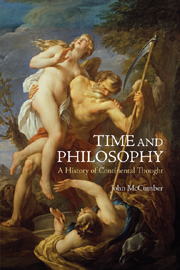Introduction
Summary
True madness lies primarily in immutability.
Horkheimer & Adorno (DE 194)THE PARADOX OF CONTINENTAL PHILOSOPHY
Continental philosophy is the most important intellectual tradition of the past two centuries. Billions – not millions – of people the world over have not only studied it in detail, but have tried to live by it. It has transformed our understanding of God, of society, of art and literature, of minority groups and of human life in general. It has provided much of the vocabulary in which educated people from Buenos Aires to Hanoi, from Moscow to Cairo, from Mexico City to Mauritius, from Shanghai to Brussels, think about their lives and communities. The only intellectual project that can rival it in importance is the “rise of science”, but science is far too huge and diverse to be a single tradition. The representatives of continental philosophy, by contrast, form a relatively cohesive group whose later members read and learnt from the earlier ones, and often knew them personally.
The claims I made in the previous paragraph are immense, but the name of just one of continental philosophy's practitioners, Karl Marx, is enough to establish them. Adding the other continental philosophers to be discussed in this book gives us one of the greatest collections of intellectual superheroes ever to storm the heavens of the mind: Adorno, Agamben, Arendt, Badiou, Beauvoir, Butler, Derrida, Foucault, Hegel, Heidegger, Horkheimer, Husserl, Kierkegaard, Nietzsche, Ranciere and Sartre. And there are many more.
- Type
- Chapter
- Information
- Time and PhilosophyA History of Continental Thought, pp. 1 - 12Publisher: Acumen PublishingPrint publication year: 2011



